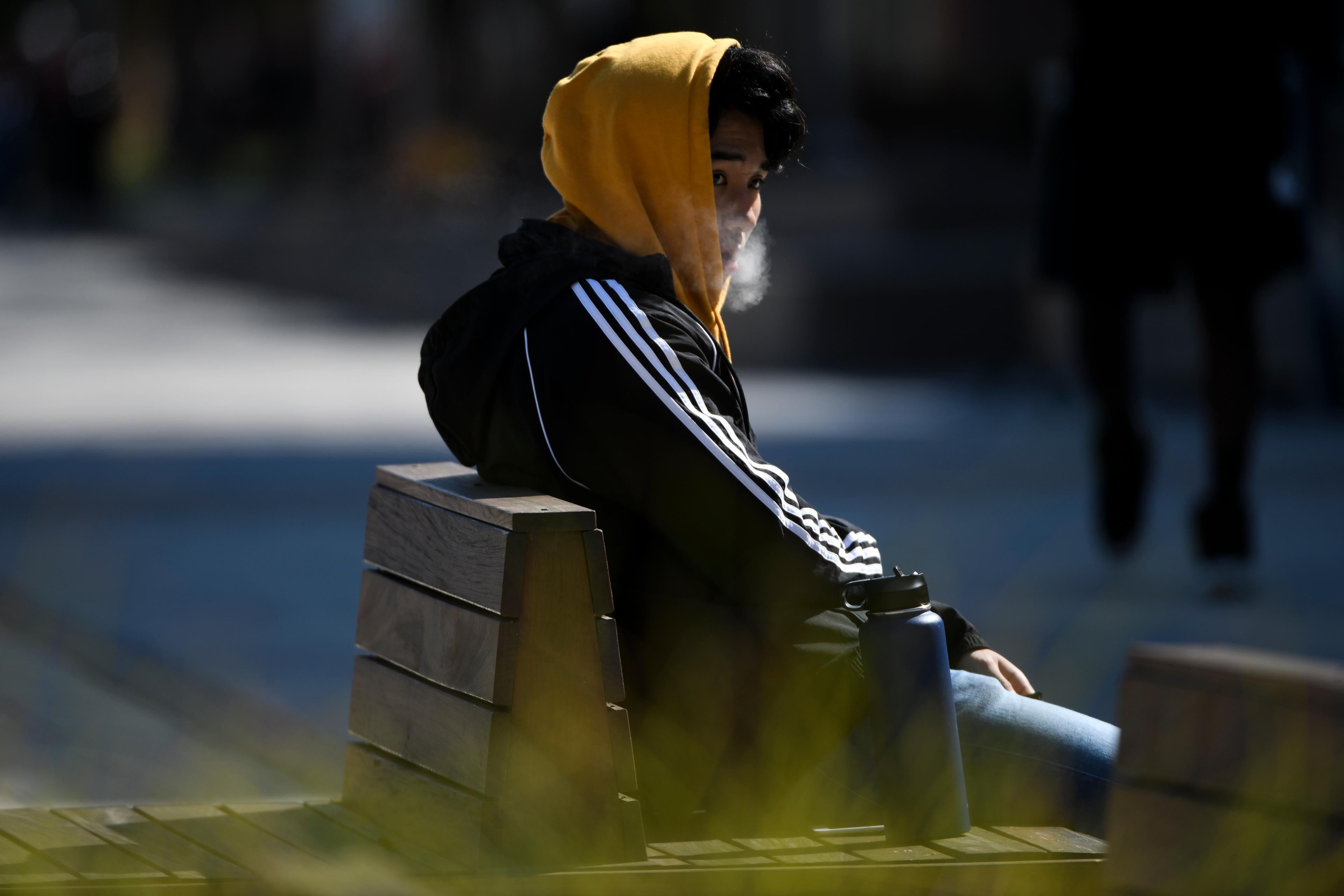
The state health department has now recorded 12 cases of serious respiratory illness associated with vaping.
It's the first new case in more than a month. In 10 cases, patients were hospitalized.
Most of the sick are young men in Denver. The median age is 19. A third of the cases are in Colorado’s capitol, with the rest reported in Jefferson, Boulder, Arapahoe, Larimer and Weld counties.
Health officials have linked an additive — vitamin E acetate — found in illegally produced THC vape products to many of the more than 2,000 illness cases nationally.
In Colorado, however, half the cases didn't involve THC. Instead, the patients reported vaping just nicotine. Three cases did involve THC only, and in two cases the patient vaped both nicotine and THC. One involved an unknown cause.
The Colorado Department of Public Health & Environment’s website said that while health officials “can’t pinpoint” the specific cause of the illnesses, vaping products are “poorly regulated” and may contain or generate chemicals that are unsafe and could make people sick.
The site said no one “vaping product, substance, or additive has been identified in all cases,” and that no single product or substance has been “conclusively linked” to lung illness in patients.
So far, there have been no deaths in Colorado, though officials are awaiting test results on one potential fatality. A health department spokesperson said the agency is investigating that case along with the federal Centers for Disease Control and Prevention. Nationally, 47 deaths have been confirmed in 25 states and Washington, D.C.
The state’s website points out that vaping products contain more than “just harmless water vapor.” Long-term health effects of vaping are not known, even though vape products are frequently marketed as a “safe” alternative to smoking.
The website suggests those who are vaping to quit smoking conventional cigarettes, consult your doctor or call the Colorado QuitLine (1-800-QUIT-NOW) to get free FDA-approved treatments.
In a 2018 report from the Centers for Disease Control and Prevention, Colorado had the highest rate of teen vaping of nicotine of 37 states surveyed. A quarter of those teens said they currently used an electronic vapor product — double the national average.
So far for the Colorado illnesses, those who got sick reported an onset of symptoms after mid-July, according to the state health department. Those admitted to the hospital all have been discharged and are recovering. Hospital stays ranged from three to 25 days, with an average of eight days.
A state health department spokesperson said further information on case outcomes would be “premature since recovery from this kind of illness would be ongoing.”









